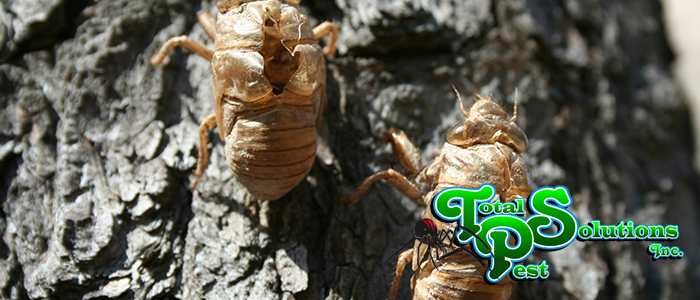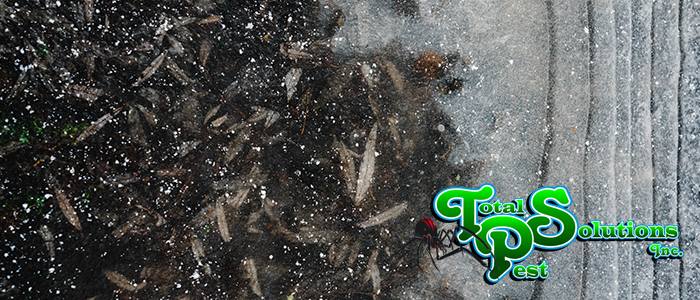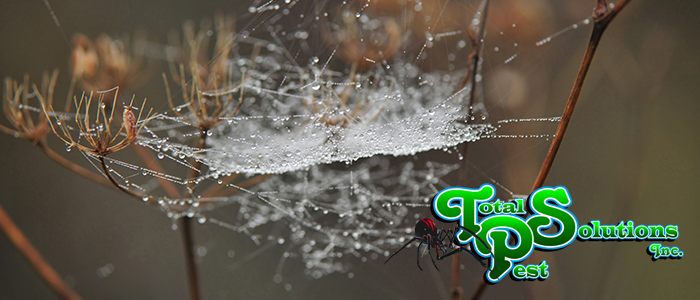
The Academy’s Entomology Collection contains five of these creatures. They are the world’s rarest insect. They are the Land Lobster. Naturalist P. R. Pedley discovered these specimens originally in 1916 on Lord Howe Island. These insects were native to the island and found nowhere else. They were quite common.
The Homeland
This island is several hundred miles east of the Australian mainland. The steamship SS Makambo supplied the islanders with their main connection to the outside world. Unfortunately, that ship beached in 1918. The escaping rats quickly overran the island and decimated its native wildlife. Additionally, within a few years, several species of native birds went extinct. So too, presumably, was the land lobster.
Re-Discovery
Amazingly, scientists re-discovered the world’s rarest insect 83 years later on a largely barren volcanic islet, Ball’s Pyramid, fourteen miles away from Lord Howe Island. However, this was a very dangerous place. Ball’s Pyramid only covers one-eighth of a square mile. Scientists found them in only a small patch of shrubs on a single rock ledge. Australian scientists transferred two adult couples from this tiny refuge to a breeding program in the Melbourne Zoo.
When scientists compared museum specimens from Lord Howe with the land lobsters of Balls Pyramid. The Lord Howe insects had larger spines and broader hind legs. Researchers believed the morphological differences were subtle. Then, they concluded that the insects derived from the same population. Genetic research was not conducted, until now. A newly published genetic study confirms that the neighboring insects are the same.
Modern Research
Researchers say their genetic findings suggest that the two populations most likely diverged after the origin of this species and not long enough ago for speciation to have taken place.
The genetic confirmation may make the Lord Howe Island Stick the rarest insect on Earth.
The study provides genetic support that may help facilitate efforts to full recovery of the species. The new genetic information confirms that scientists will not be introducing a new species Lord Howe Island, should they move forward with bringing the species back to the island.
Re-Introduction
Before scientists introduce any land lobsters to Lord Howe, the island will first have to eradicate all the rodents. As a result, scientists scheduled a plan to begin eradication in mid-2018.
After a prolonged process of research, impact assessment, and economic analysis, a discussion with residents from the Lord Howe Island Board was conducted and researchers were given the green light to start rat eradication. At that time, biologists estimated the island to be home to around 150,000 rats and 210,000 mice. This means that there is 1,000 rodents for each of the island’s 350 residents. Lord Howe island houses many endangered native and migratory species. However, rodents have caused the extinction of five bird and thirteen invertebrate species and currently threaten another seventy species.
Complications
Firstly, the concern about the widespread use of baits was the risks now accessible to two of the island’s native bird species. Concerningly, the Woodhen and the Currawong would be attracted to the bait used. The former was an endangered species that was brought back from the brink of extinction in the 1980’s, now only a few hundred exist. These species were taken into captivity for safety purposes during the rodent eradication program. They were looked after by the staff from Sydney’s Taronga Zoo.
A problem that appeared during the eradication was most of the island being inaccessible to humans. They set out 22,000 lockable traps. These traps contained cereal pellets laced with a poison. Scientists targeted the inaccessible areas with aerial drops with the same baits. There was immediately a rapid reduction in the number of rodents at first, but then there were a few blips of activity. The last set of baits went out this past November. Scientists will monitor the island for two years. If no rats or mice are spotted, then the area will be declared rodent free. So far it looks like the project has been declared a success.
continue reading
Related Posts
Davenport’s Pine Beetle Threats: Protecting Trees in Dormant Season As
Winter Roach Hotspots in Lakeland: Kitchen & Bathroom Prevention As
Davenport’s Spider Invasion: Managing Winter Web Builders As the temperature







